


Representatives of 44 startups will receive 12 months of technical support for the development of products and processes through in-person training, mentoring and workshops run by experts from FAPESP and institutions that promote innovative entrepreneurship.
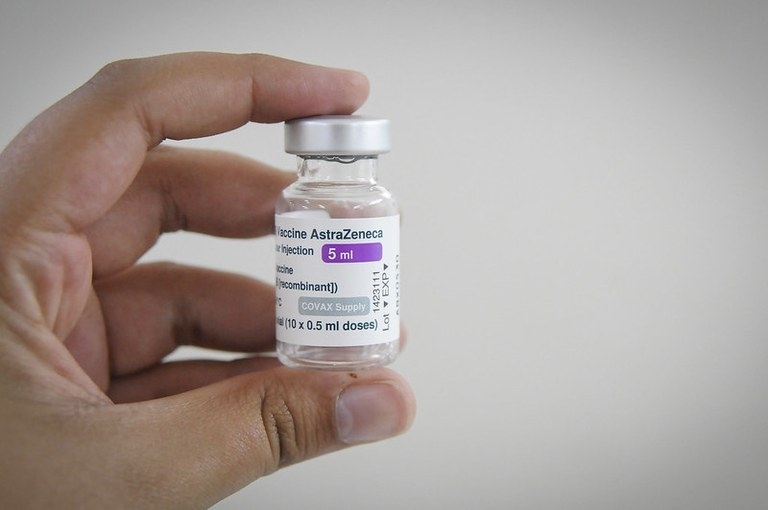
Researchers show the importance of political skill on the part of federal research institution Fiocruz and regulatory agency ANVISA in the process that resulted in the signature of an agreement with pharmaceutical company AstraZeneca in mid-pandemic.
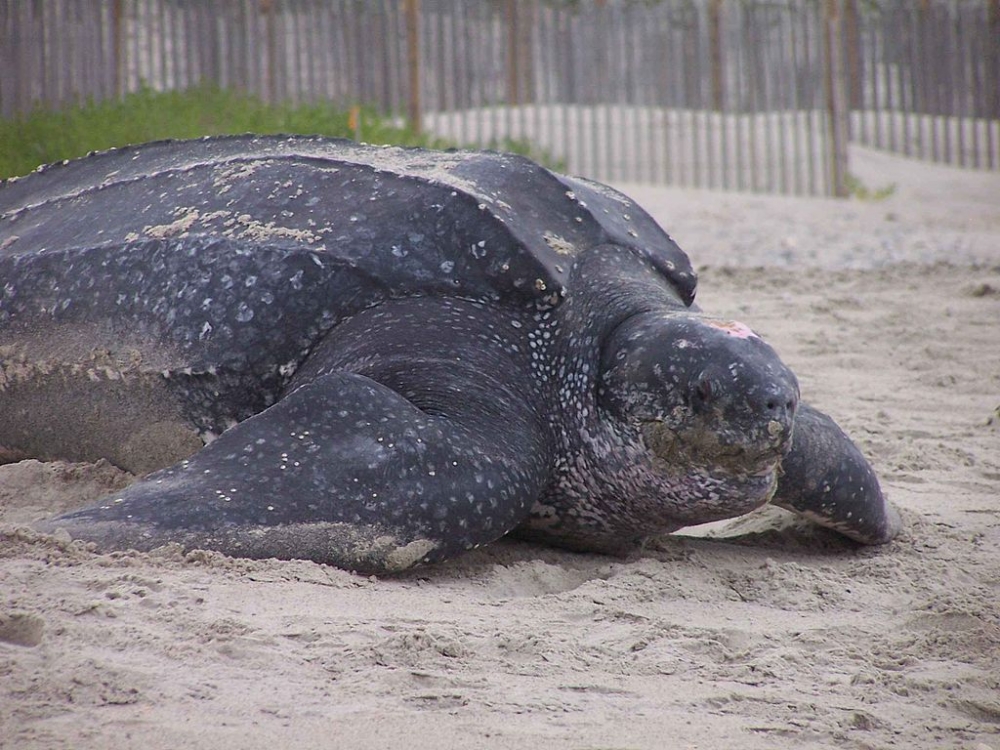
The most comprehensive sequencing to date of the genomes of the Leatherback and Green sea turtles shows they are mostly identical. An article in PNAS helps scientists understand how the group has evolved and provides ideas for conservation strategies.
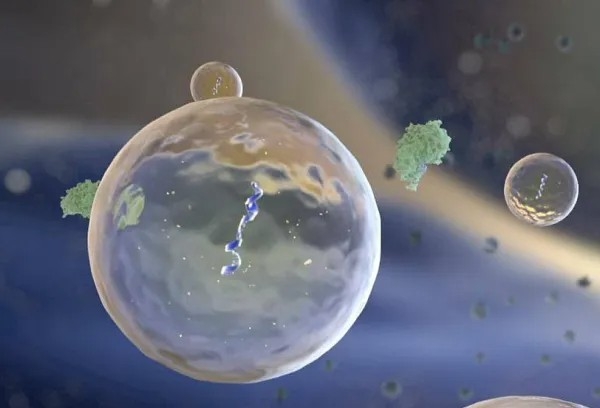
In a study with 116 participants, researchers at the Federal University of São Paulo evaluated the genetic material contained in extracellular vesicles possibly secreted by brain tissue. The analysis pointed to patterns of microRNA expression associated with depression, anxiety and ADHD.
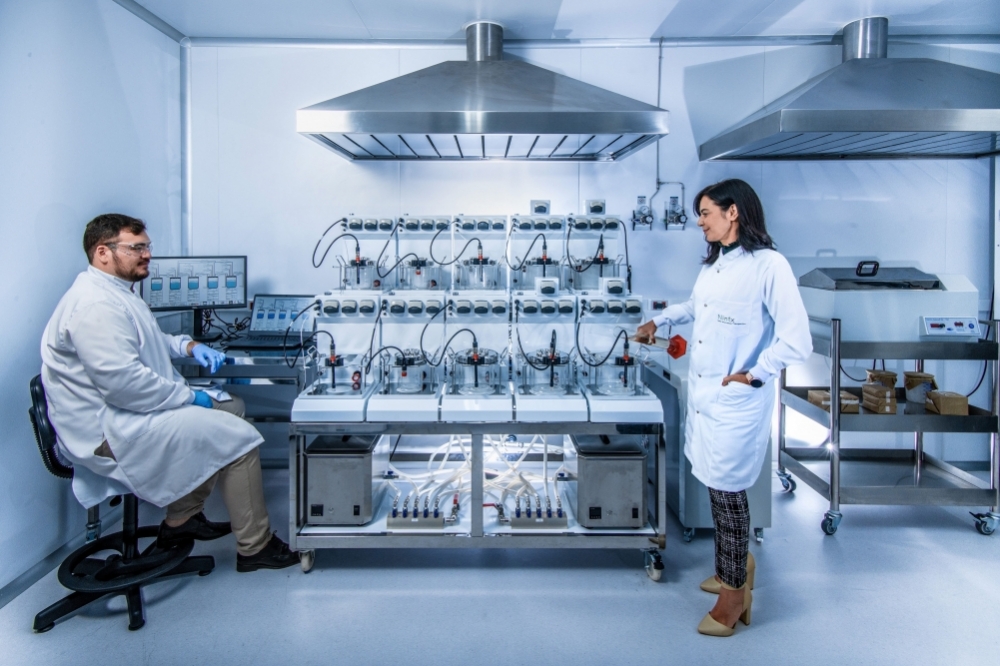
A startup based in São Paulo is working with research centers, laboratories and private enterprise to develop novel medications from plant-based natural products. The drugs will be designed to combat multifactorial diseases.
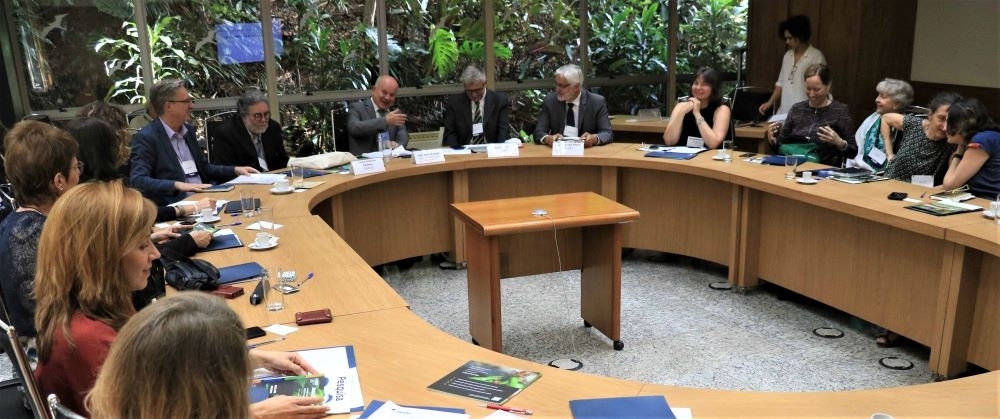
Representatives of German universities, research institutions and funding agencies were welcomed at FAPESP’s headquarters in late March. The Amazon and renewable energy are areas of interest for new bilateral partnerships.

A webinar co-hosted by the two organizations featured researchers from São Paulo and the southeast African country discussing ways to promote scientific collaboration in areas such as climate change, natural disaster monitoring, agriculture, health, and bioenergy.
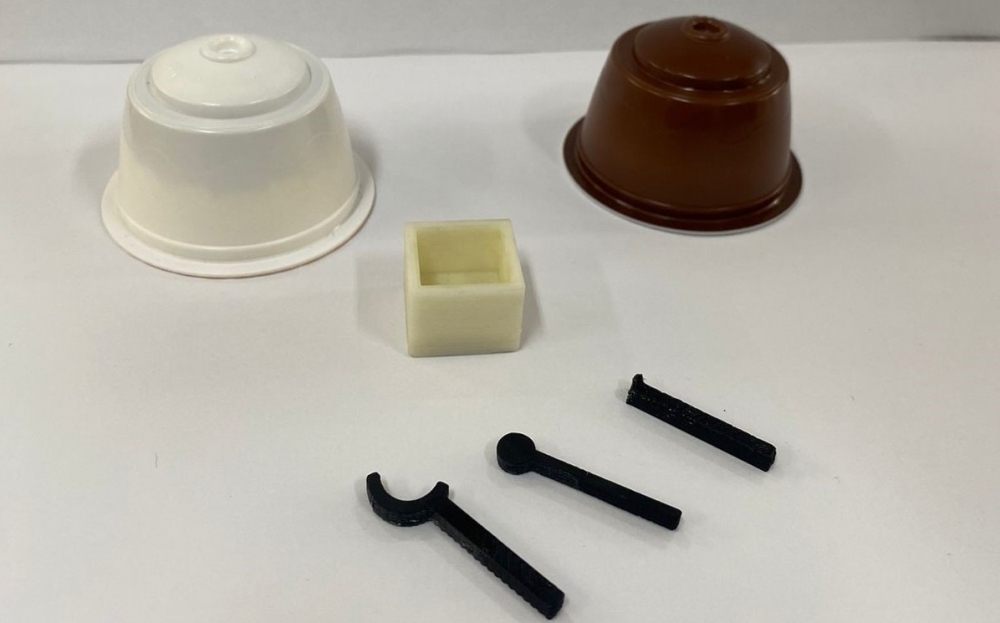
Tested by Brazilian and British researchers, the process is an example of circular economy technology, in which waste produced in one economic activity is converted into resources for other sectors.

Launched on April 11 at a ceremony attended by the Governor of São Paulo state, the Science for Development Center in Digital Agriculture is a collaboration between FAPESP and EMBRAPA, with other institutions. Its remit will be to connect farmers to innovations that cut costs and assure sustainability.
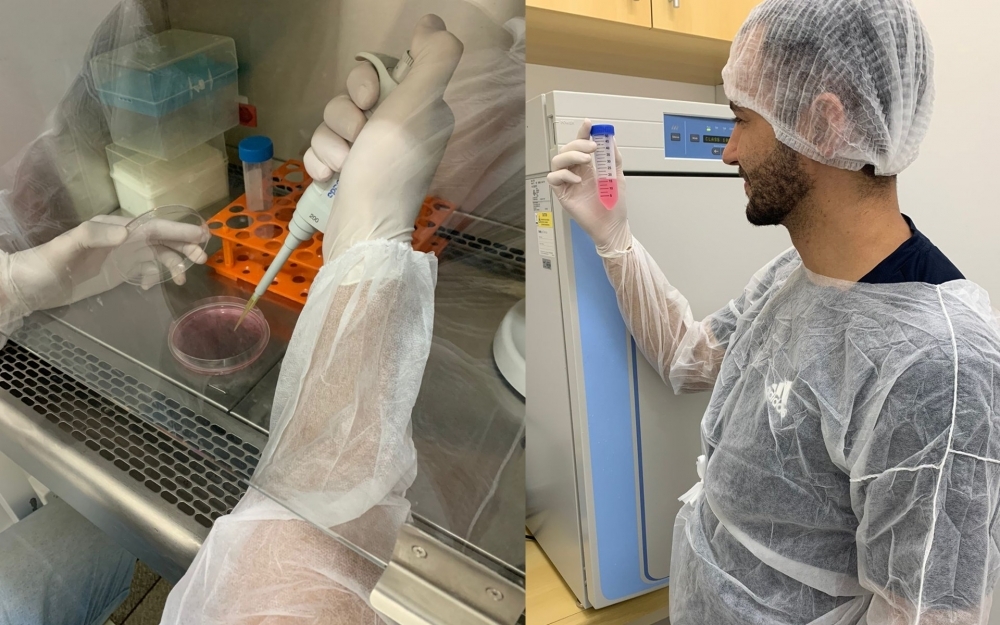
Researchers in Brazil and Portugal have been following patients under 40 who had the disease before being vaccinated. Alterations found in immune cells up to 180 days after infection resemble those found in patients with chronic diseases.

This was the main finding of a study involving rats conducted by Brazilian researchers. Mortality was 29% higher for fetuses exposed to a synthetic compound that acts on the brain in a similar manner to natural cannabinoids. Respiratory control and CO2 sensitivity, which influence sudden infant death syndrome, were also altered.
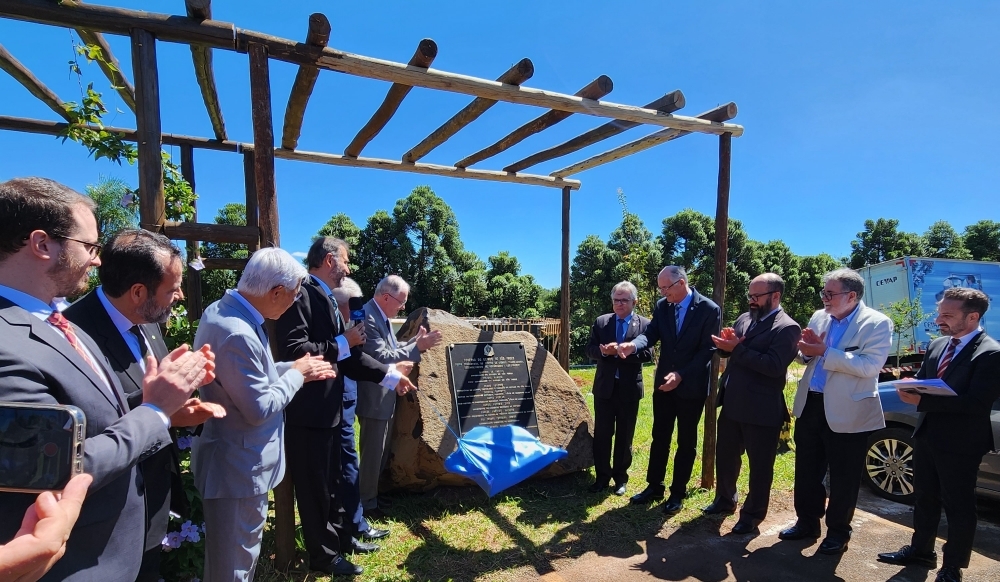
With the support of FAPESP’s Science for Development Center Program, the unit hosted by São Paulo State University will produce pilot batches of candidate biopharmaceuticals and vaccines for clinical trials. The aim is to help researchers and startups survive the “valley of death” in clinical research.

Agreement simplifies design of new instruments and tools for collaboration between researchers in São Paulo and the United States.
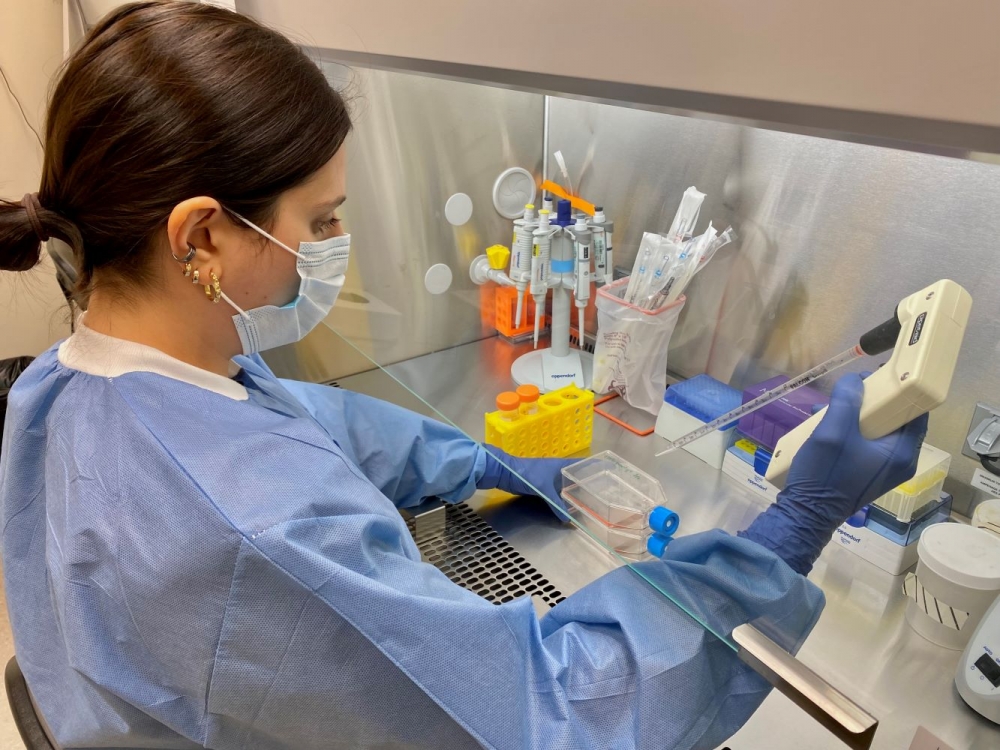
Researchers at the University of São Paulo analyzed placental samples from women with and without obesity who contracted the infection while pregnant. The results show that maternal overweight can compromise the placenta’s immune response and impair fetal protection.

Working at the University of São Paulo in Brazil, the researchers used epigenetics to study the mechanism, which could be associated with pathologies such as Alzheimer’s. The discovery expands scientists’ knowledge of the central nervous system.
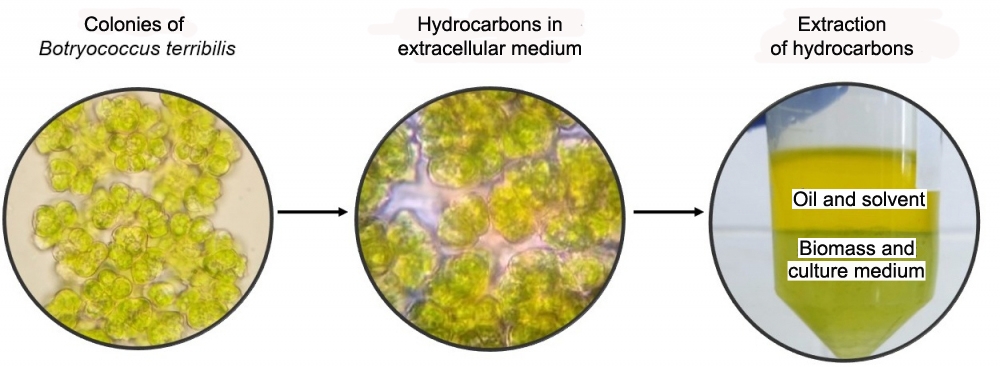
The aim was to compare the effects of different cultivation systems on growth and productivity of the species Botryococcus terribilis. In one experiment, production of lipid and hydrocarbon increased 49% and 29% respectively.

A memorandum of understanding was signed in Paris by the heads of FAPESP, ANRS and INSERM. Creation of Institut Pasteur de São Paulo, to be hosted by the University of São Paulo with more than 80 researchers, was also formalized in the French capital.
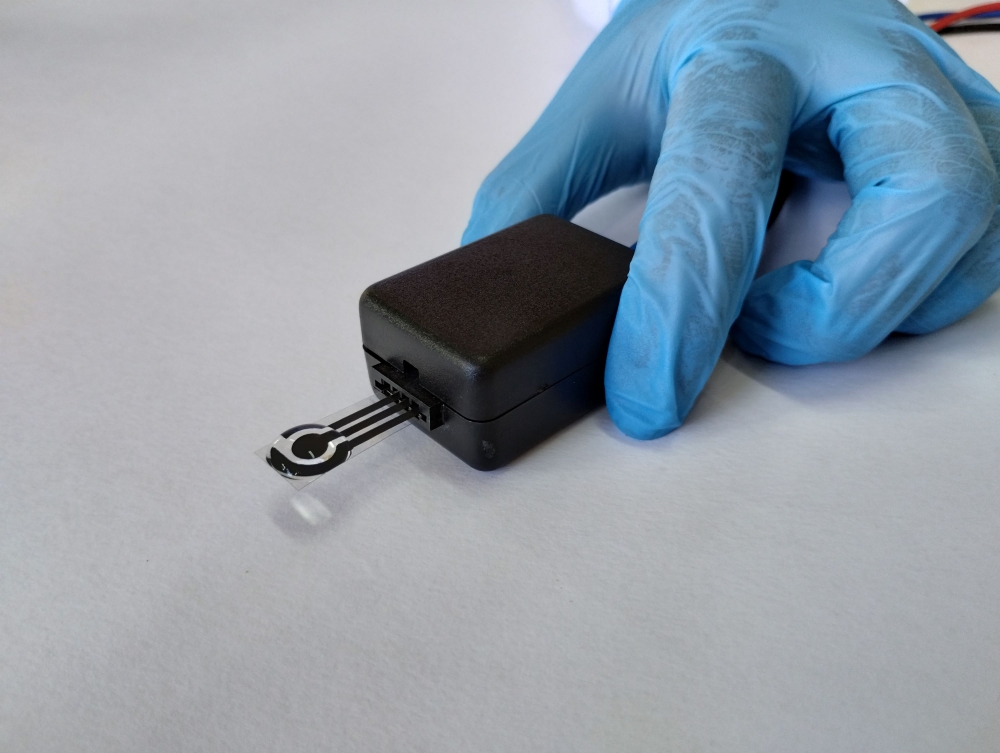
Developed at the University of São Paulo, the device permits corrections to the dosage of the analgesic to improve its efficacy according to the patient’s profile and avoid toxic side effects or overdose.
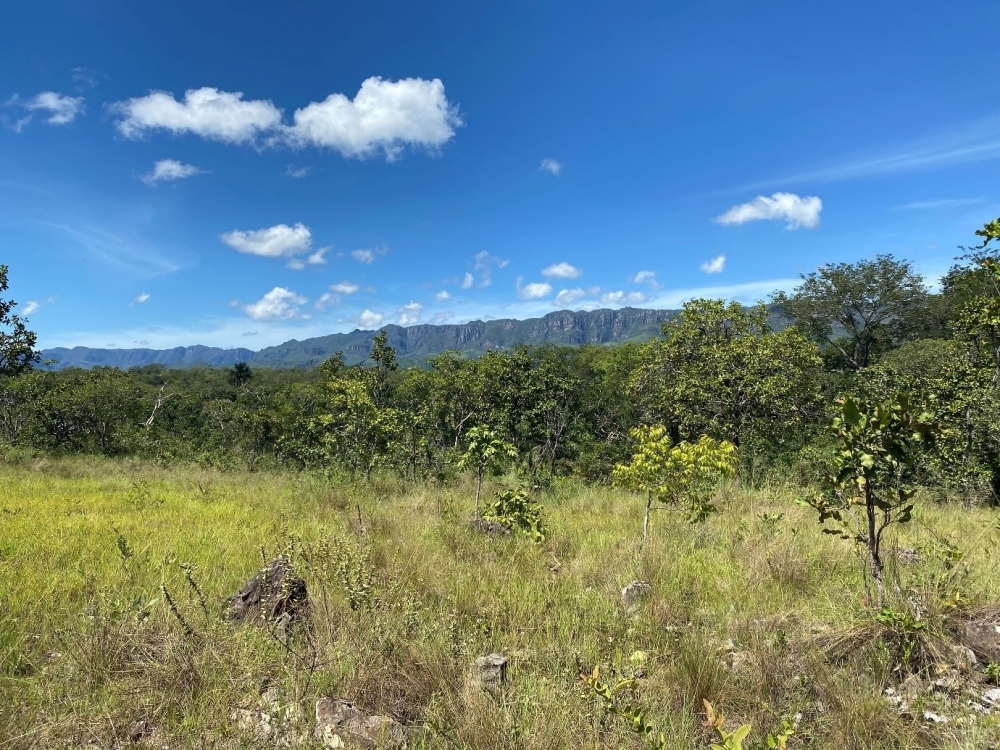
The mechanism has resulted from evolution over millions of years to protect the buds that enable plants to survive fire. A study conducted in an environmental protection unit in São Paulo state (Brazil) can contribute to strategies for mitigating the effects of climate change.
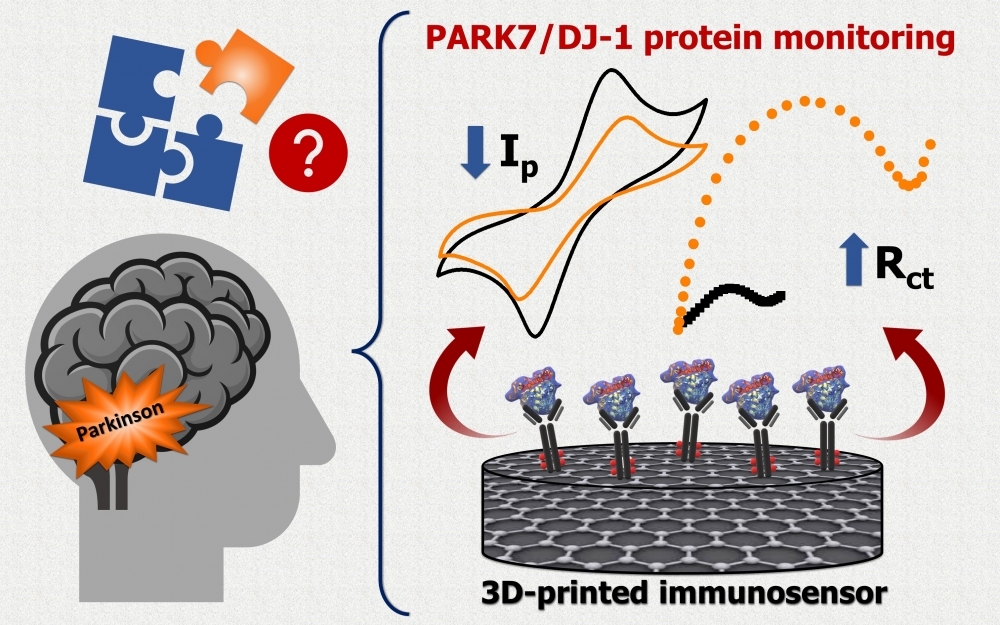
The device, produced by ordinary 3D printing and capable of being miniaturized, detects levels of the protein PARK7/DJ-1, which is associated with the disease. The study used samples of blood serum and cerebrospinal fluid.

A study by a group at the University of São Paulo reported in a scientific journal involved the construction of a database and models. Preliminary results are described in the article.
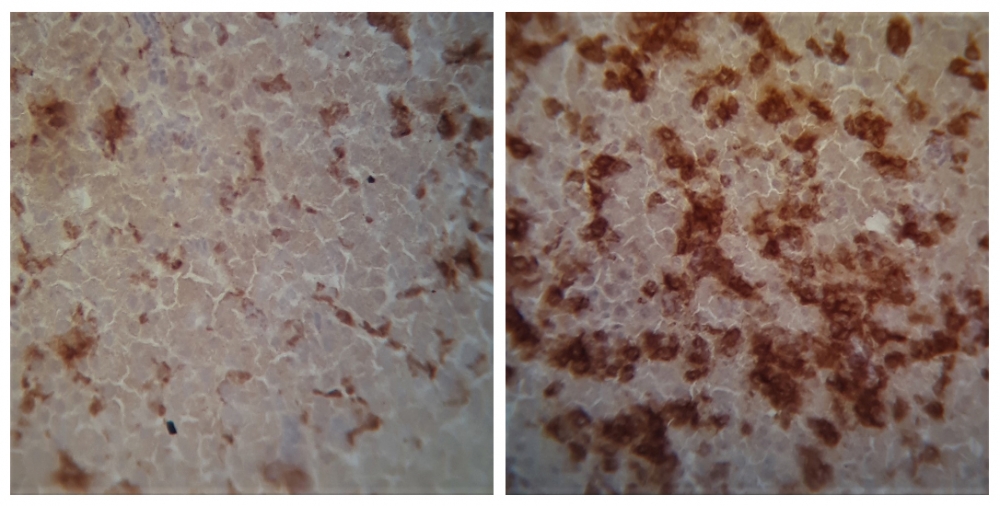
Deletion of two genes, which in mice attenuated the action of the bacteria, made the immune response more exacerbated in broiler chicks. The findings reinforce the need for animal health and hygiene measures throughout the poultry production chain.

The finding is from a longitudinal study conducted in Brazil. Analyzing data for high school students aged 13-18, it concluded that the problem affects girls more than boys and is associated with physical inactivity and low academic achievement.
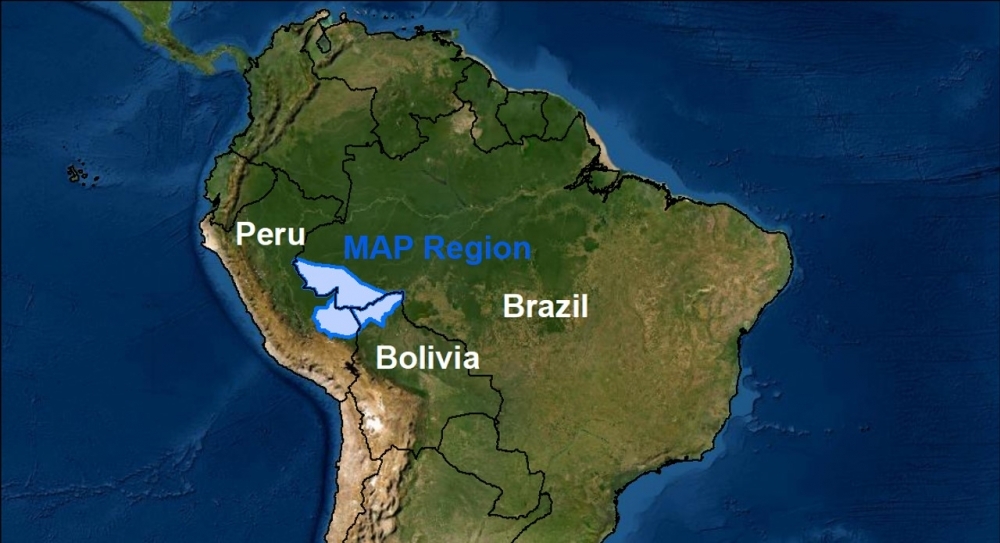
A lack of community involvement impairs fire control programs in the region known as MAP, between Madre de Dios (Peru), Acre (Brazil) and Pando (Bolivia).
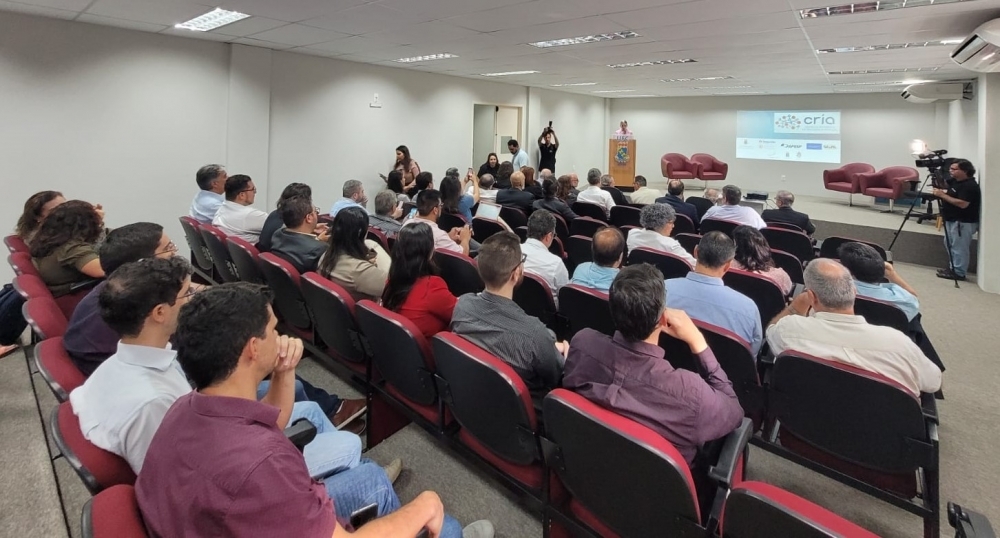
The center will be hosted by the Federal University of Ceará and will focus on the use of the Internet of Things, big data, digital transformation and cutting-edge technology in prevention, diagnosis and low-cost therapies.